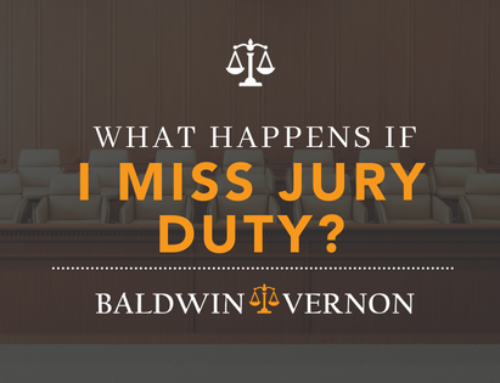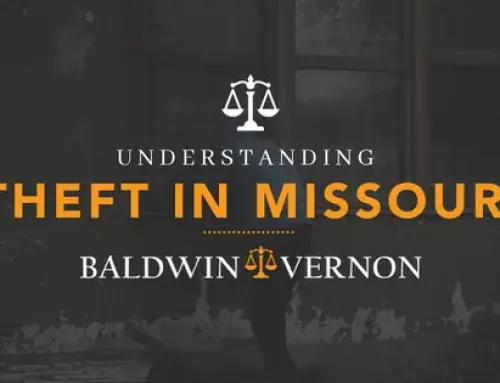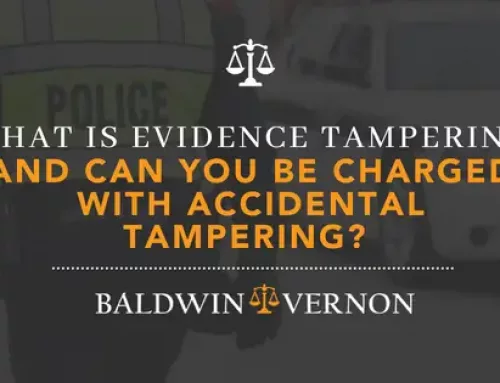It’s important to know your rights to best protect yourself against unlawful arrests, searches, and seizures. Probable cause and the 4th amendment are essential components of a lawful arrest and should be understood to ensure that your case is diligently handled.
The 4th Amendment of the Constitution of the United States of America states, “the right of the people to be secure in their persons, houses, papers, and effects, against unreasonable searches and seizures, shall not be violated, and no warrants shall issue, but upon probable cause, supported by oath or affirmation, and particularly describing the place to be searched, and the persons or things to be seized.”
Probable cause
Probable cause refers to the amount and quality of information needed to arrest an individual, search their place, or seize their property.
Probable cause for arrest
If a police officer’s knowledge leads him or her to believe that the suspect has committed, is committing, or is about to commit a crime, probable cause for arrest exists. Detentions, such as car stops, pedestrian stops, or detentions while a search warrant is being performed, do not require probable cause; only reasonable suspicion is needed.
Probable cause to search
When facts and circumstances lead an officer to believe that a crime was committed at the place to be searched or that evidence of a crime exists at the location to be searched, a search warrant that specifies the place of search and items that are being looked for, can be obtained.
There are instances that exist where a search warrant is not required, such as when consent is given from the person in charge of the place or it becomes an emergency situation that threatens the public or risks the destruction of evidence. Also, a warrant is not needed to search when evidence or contraband are in plain view.
Probable cause to seize property
When information is known that would lead a reasonable person to believe that the personal property is contraband, is stolen, or constitutes evidence of a crime, probable cause exists to seize the item(s). If a warrant is in use, property may be seized that is not on the warrant if contraband or evidence of other crimes is found during the search.
If it proves to be an illegal search, the “exclusionary rule” may apply to the item(s) which makes them inadmissible in court.
4th amendment violation
Do you believe that your 4th amendment right was violated? To determine if law enforcement had probable cause to support their actions, consult an attorney from Baldwin & Vernon to investigate your case.







